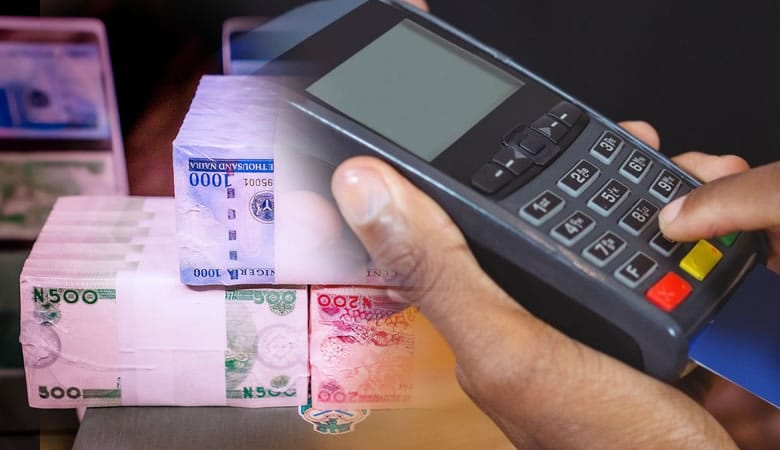Business
Naira Scarcity: E-payments Plummet To N37tn Amid Rise In Failed Transactions

A data report recently released by the Nigeria Inter-Bank Settlement System (NIBSS) showed an increase in failed payment transactions in February 2023 despite the latest patronage of the cashless policy in the country.
According to the data, there was a 4.83 per cent ( N37.67tn) decrease in the value of cashless transactions from the N39.58tn recorded in January 2023.
The development is happening despite e-payment gateways recording a 41.29 per cent month-on-month increase in the period under review.
The NIBSS noted that cashless gateways were used 901.46 million times in February, and in January, they were used 638 million times. Despite an increase in usage, the total value of cashless transactions fell in February, indicating an increase in failed transactions.
The NIBSS has not updated its efficiency platform portal, which states the number of failed transitions and more, since 2020, making it hard to report the number of failed transactions.
As the major payment switch in the country, the NIBSS records cashless transactions from the Nigeria Instant Payment System and Point of Sales terminals. In February, the total NIP (instant payments) fell to N36.79tn from N38.772tn in January.
POS Transaction Increase Amid Naira Scarcity
Of late, there has been a severe scarcity of Naira in the country following the new cashless and naira swap programme by the Central Bank of Nigeria (CBN). Despite the development, however, the data from NIBSS revealed that the value of PoS transactions grew from N807.16bn in January to N883.45bn in February.
Usage of mobile transfers, which serve as the primary payment gateway for many Nigerians, soared by 69.87 per cent from 108.14 million times in January to 183.69 million times in February. While usage grew drastically, transaction value only grew marginally by 7.88 per cent from N2.37tn in January to N2.56tn in February. This mirrored the experience of many Nigerians in the month, who had to grapple with multiple failed mobile transactions.
Naija News understands that since the CBN announced its controversial new naira redesign policy and withdrawal limits, Nigerians have had to adopt electronic forms of transactions.
The apex bank had limited the maximum weekly cash withdrawals across all channels by individuals and corporate organisations to N500,000 and N5m, respectively.
It also encouraged Nigerians to use alternative channels (Internet banking, mobile banking apps, USSD, cards/POS, eNaira, etc.) to conduct their banking transactions. However, the pressure of increased electronic payment has overwhelmed the banking sector, leaving many customers waiting and stranded.
A First Bank official who spoke anonymously told The PUNCH earlier that the NIBSS had been witnessing more downtime because of the pressure of transactions. According to the banker, this downtime has affected the outflow and inflow of transfers. The banker stated that the payment switch must increase its capacity to handle the pressure from the CBN’s policy.
Another explained that mobile transfer increases because of pressure and a lack of robust infrastructure. The source said, “I don’t think we are ready for this. I think the infrastructure is not robust enough to carry out the volume of transactions we intend to do.
“With that said, what I believe is over time, the infrastructure will catch up. This will probably happen because the CBN will put pressure on the banks and financial institutions to invest more.”
Meanwhile, some experts are of the opinion that a lot of failing transactions are a result of poor network infrastructure.
“You know the banks do not provide network services. Based on what we found out, there was a failure in the network system,” the President of the Bank Customers Association of Nigeria, Dr Uju Ogunbunka, told journalists recently.










